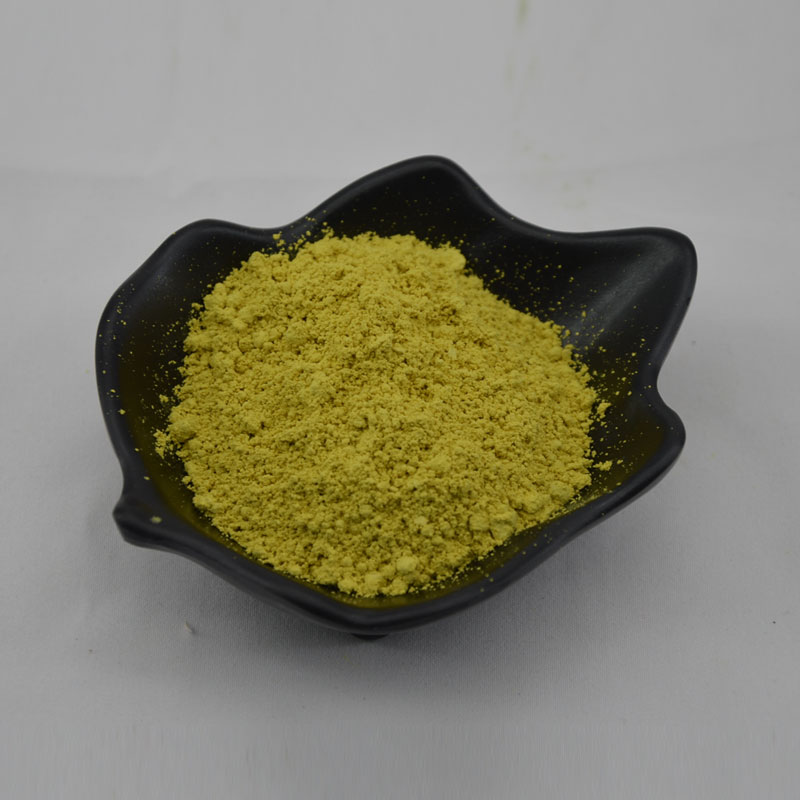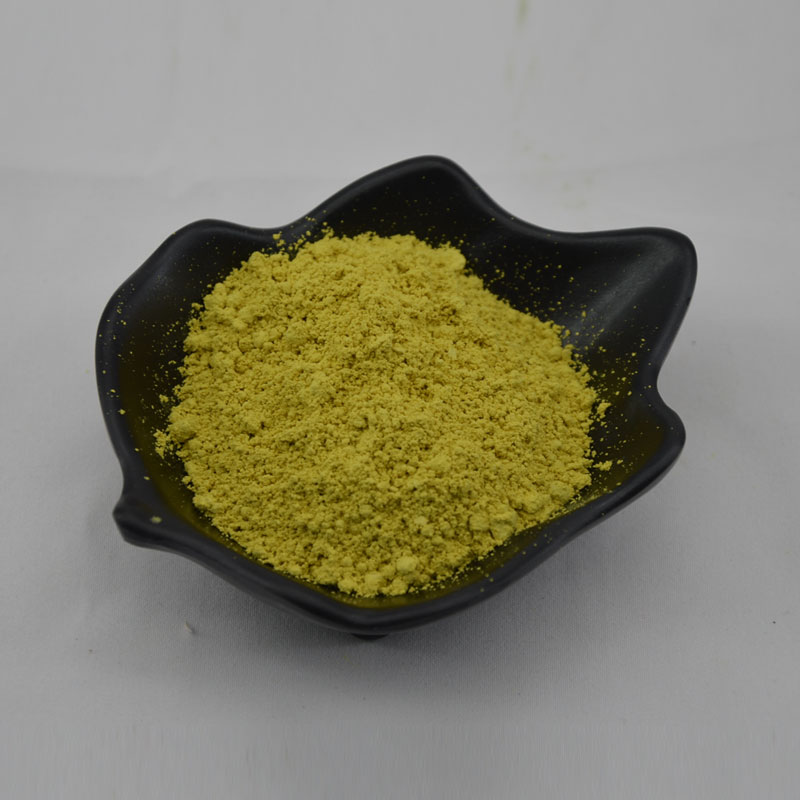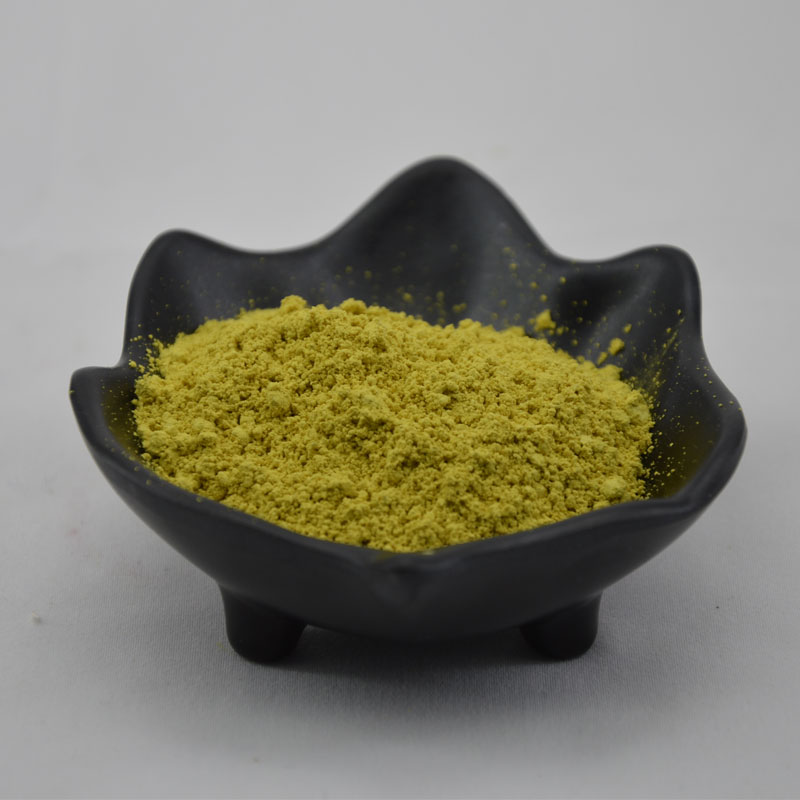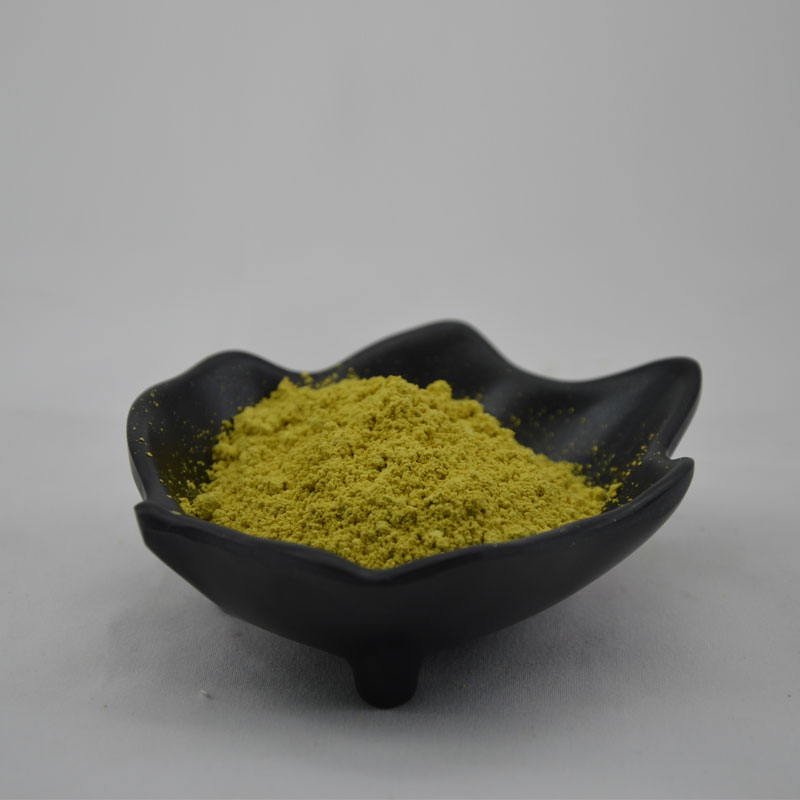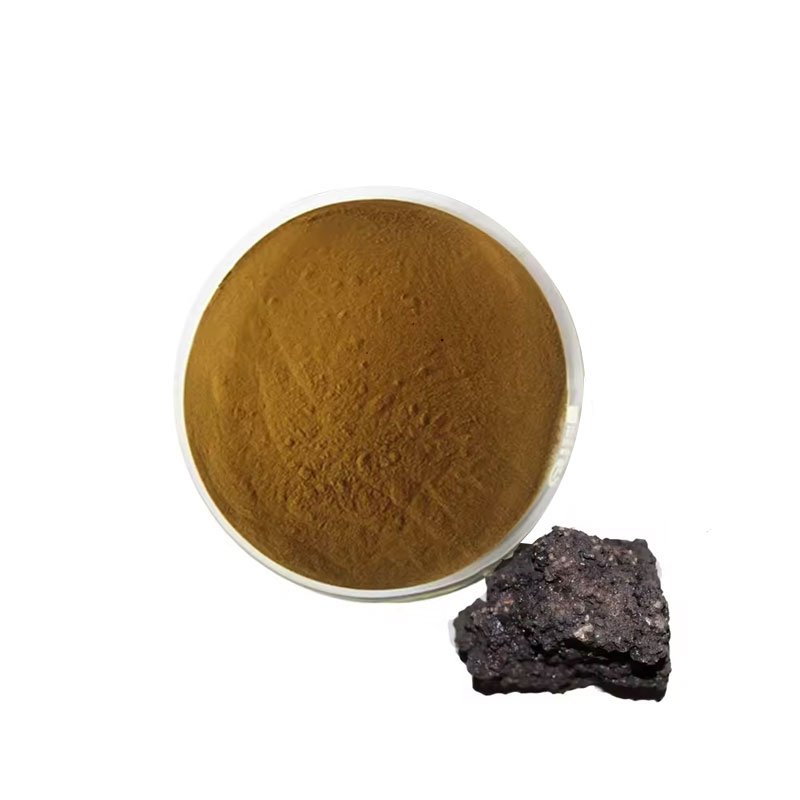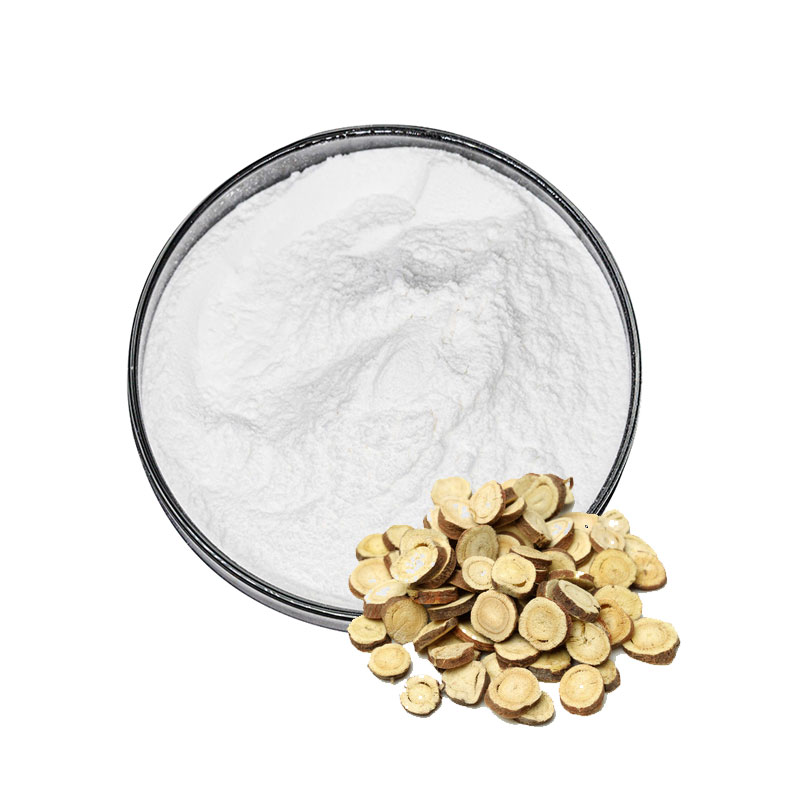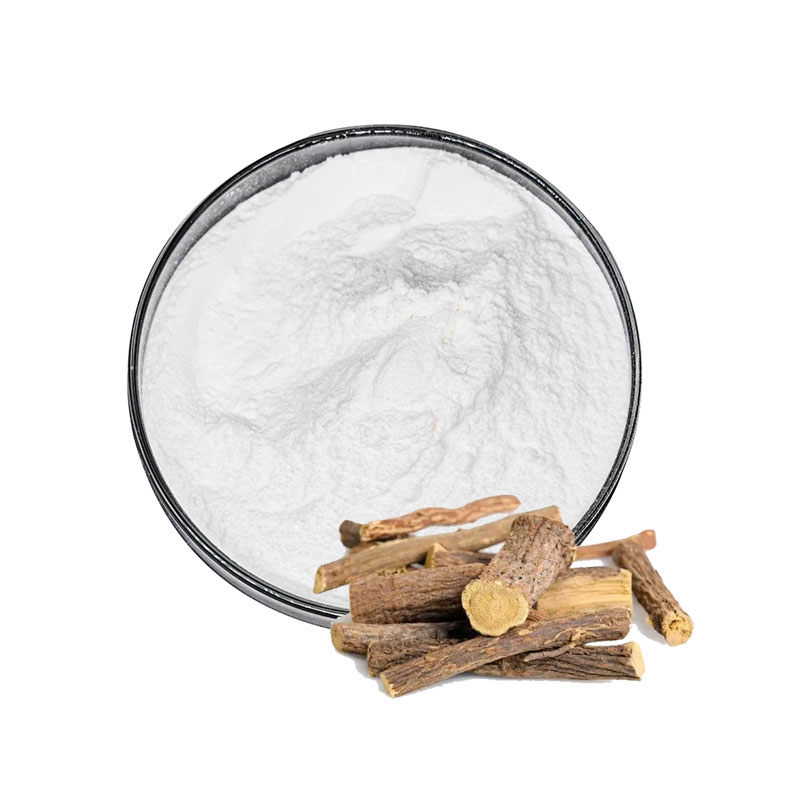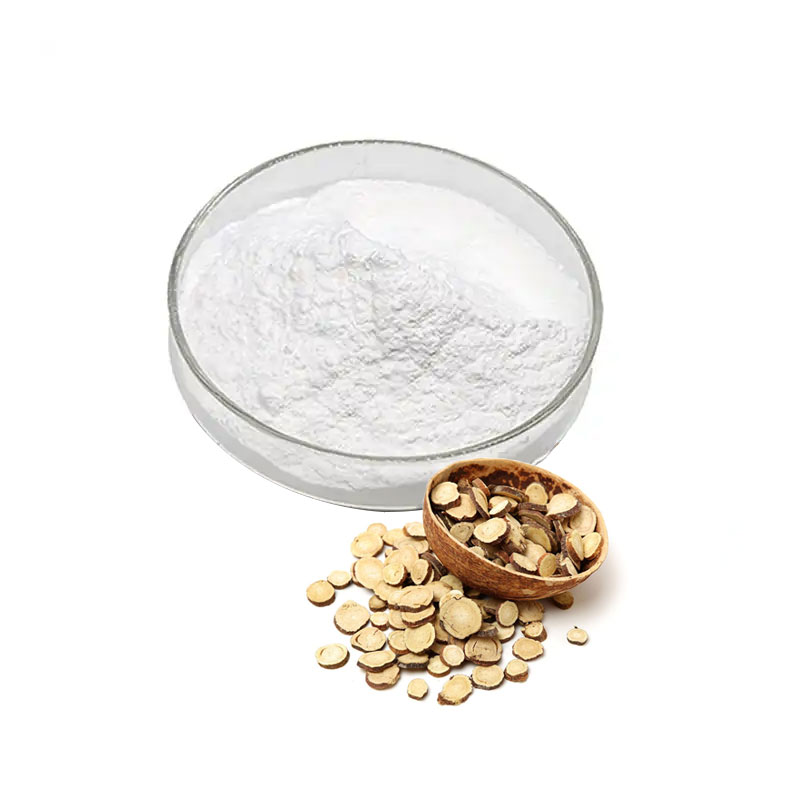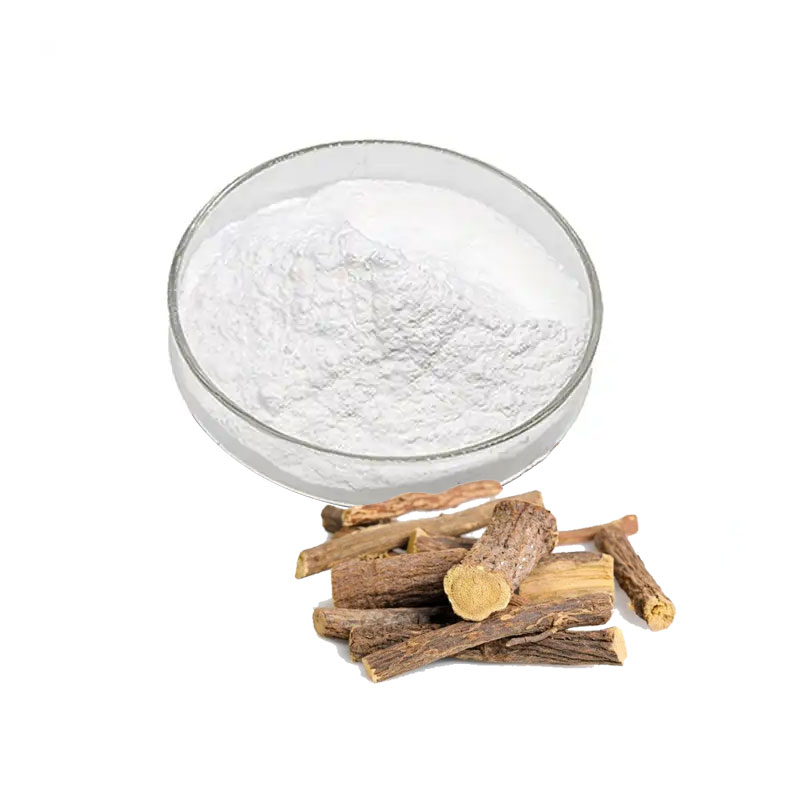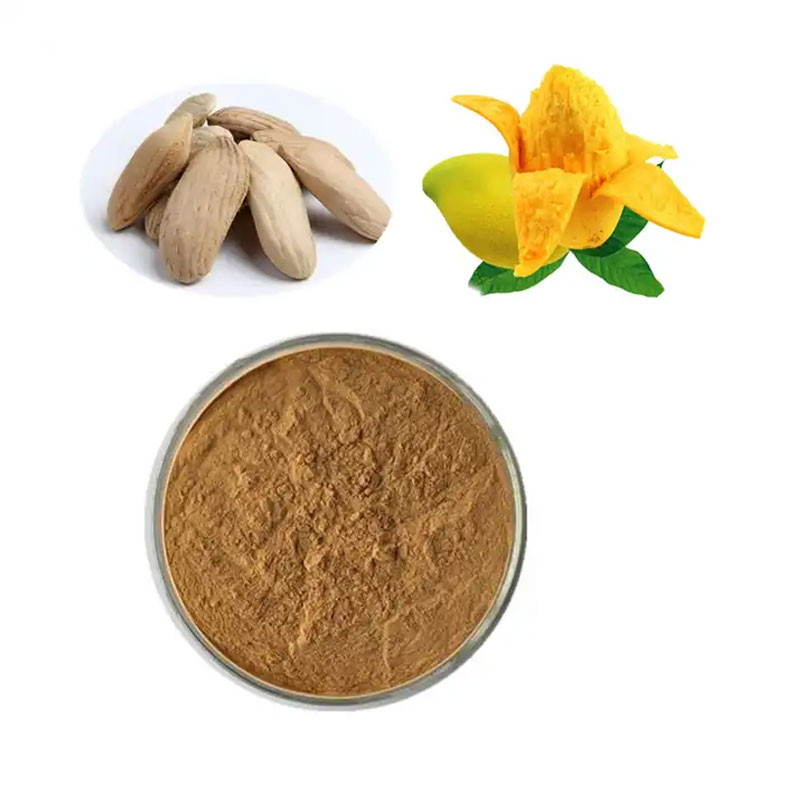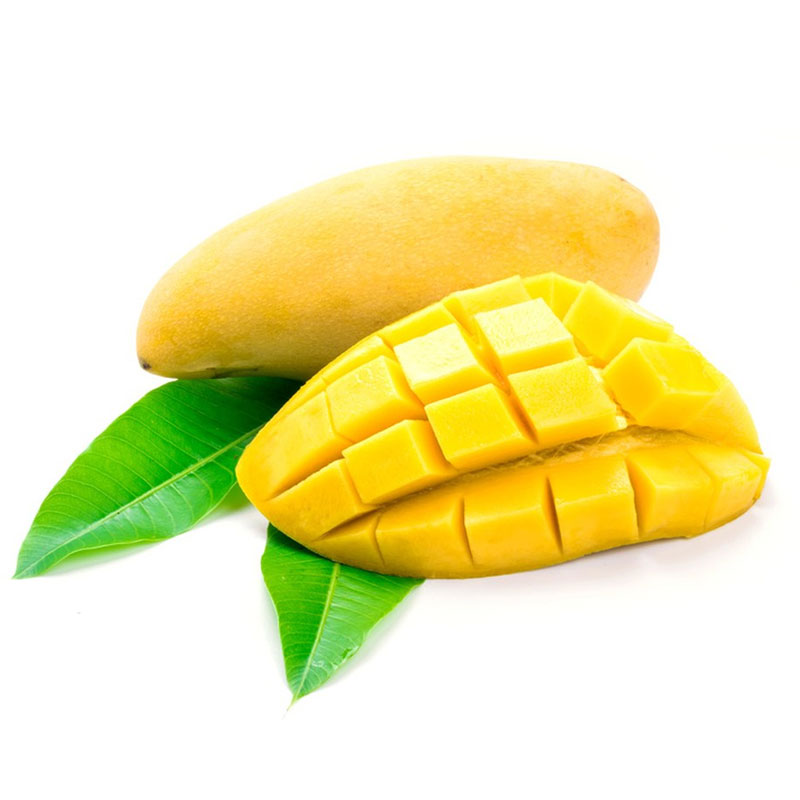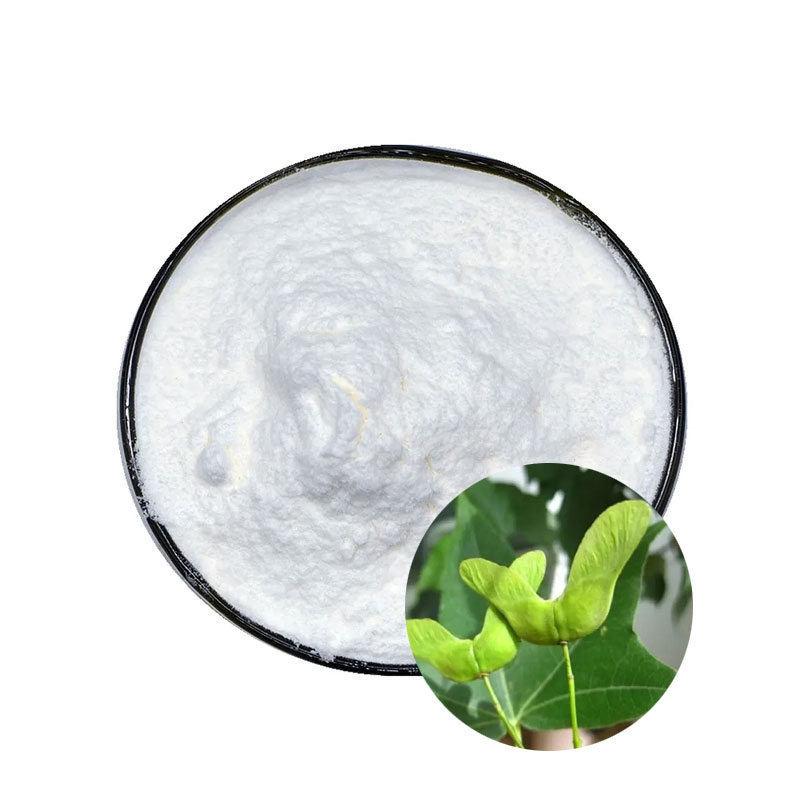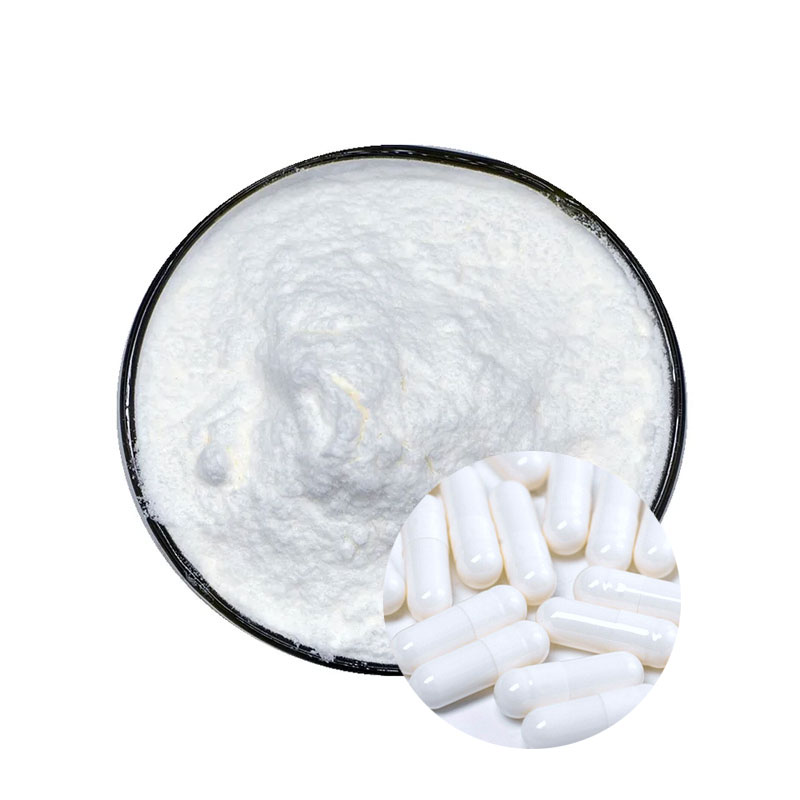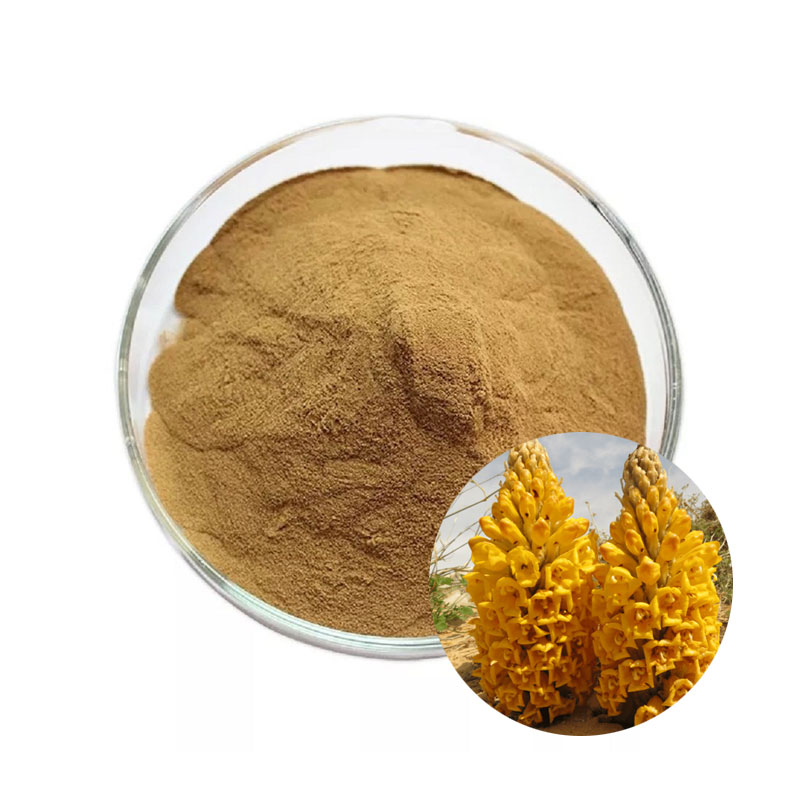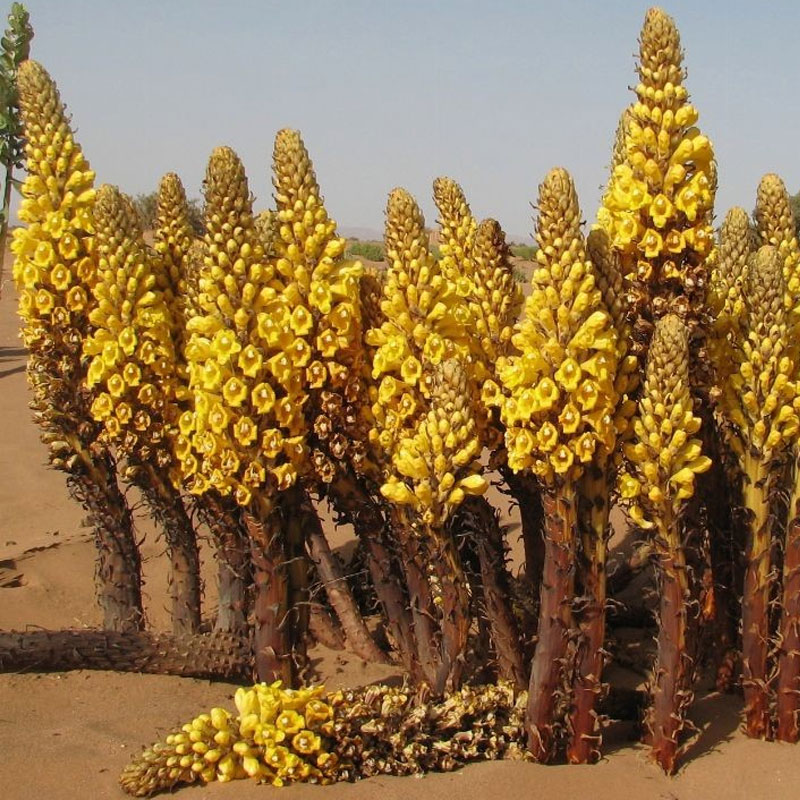Peanut shell extract Luteolin Powder
- Sample:5-10g Sample For free
- CAS No:491-70-3
- Shelf Life:2 years
- Appearance:yellow needle crystals
- Test Method:HPLC
- Used part:shell
- source:Arachis Hypogaea Linn
-
Peanut shell extract Luteolin Product Description
Luteolin is a natural flavonoid found in a variety of plants. It has a variety of pharmacological activities, such as anti-inflammatory, anti-allergic, uric acid-lowering, anti-tumor, antibacterial, anti-viral, etc. It is mainly used in clinical for relieving cough, expectorating phlegm, anti-inflammatory, lowering uric acid, treating cardiovascular diseases, and treating “amyotrophic spinal cord side”. sclerosis”, SARS, hepatitis, etc.
Peanut husk is rich in luteolin, which is one of the most important sources of luteolin. Related studies on peanut luteolin have been carried out at home and abroad. Peanut husk is one of peanut wastes. The development and utilization of natural flavonoids such as luteolin in peanut husk can improve the comprehensive utilization value of peanuts.
Luteolin Specification
| PRODUCT NAME | Luteolin Extract |
| CAS No. | 491-70-3 |
| appearance | yellow needle crystals |
| Test Method | HPLC |
| Molecular formula | C15H10O6 |
Luteolin Extract Function
- Anti-cancer
- Antibacterial
- Anti-inflammatory
- expectorant
- antispasmodic
- anti-allergy
- immune enhancement
The natural extract of this product has been used for clinical cough, expectorant, and anti-inflammatory with good curative effect.
Luteolin Sample
- 5g for free
- Convenient DHL,FEDEX,UPS and EMS service
What does luteolin extract do for the body?
Luteolin (Lut), a kind of flavonoid, possesses anti-oxidative, anti-tumor, and anti-inflammatory properties. Recent scientific literature has reported the cardiac protective effects of Lut in vitro and in vivo.
What food has highest luteolin?
Major contributors of apigenin to the diet are: Parsley, celery and lettuce. Thyme is very high in luteolin, another flavone. Luteolin is also present in beets, Brussels sprouts, cabbage and caluliflower. Major contributors of luteolin to the diet are: Celery, chili peppers, sweet pepper, lettuce and spinach.
Is luteolin anti-inflammatory?
Results: Luteolin is a flavonoid commonly found in medicinal plants and has strong anti-inflammatory activity in vitro and in vivo. Some of its derivatives, such as luteolin-7-O-glucoside, have also shown anti-inflammatory activity.
Is luteolin the same as quercetin?
Quercetin Extract and Luteolin Extract are two different plant extracts
Quercetin is a large amount of flavonoids, mostly in the form of glycosides, widely distributed in the flowers, leaves and fruits of plants. Quercetin has anti-inflammatory, antioxidant, antibacterial, anticancer and antiviral effects.
It is named after the leaves, stems and branches of the herbaceous plant Resedaodorata L. in the Resedaceae family. It can be isolated from a variety of natural medicinal materials and vegetables and fruits.
Is luteolin good for your brain?
Collectively, the results show that a diet supplemented with luteolin inhibited brain microglia activity during aging and activation by LPS in adults. Therefore, luteolin may inhibit neuroinflammation and improve cognition in the otherwise healthy aged by constraining brain microglia.
Is luteolin supplement safe?
Luteolin is generally safe to consume. Side effects may occur in some people, especially those who take the flavonoid in high doses as a dietary supplement, but these are rare and poorly understood. In one mouse study, luteolin worsened chemical-induced colitis, but whether this applies to people remains to be seen.
- Previous Article: Quercetin Powder Supplier
- Next Article: Fisetin powder Manufacturers &supplier

